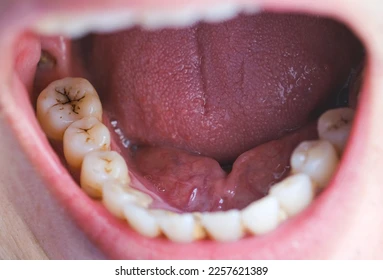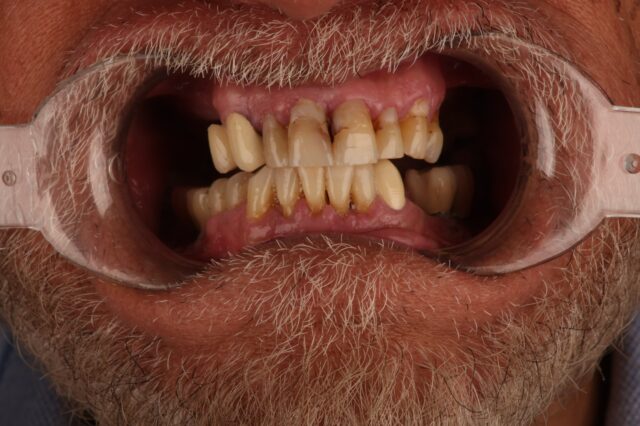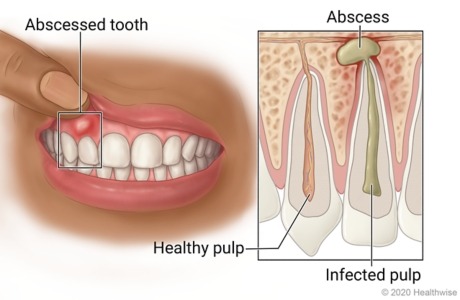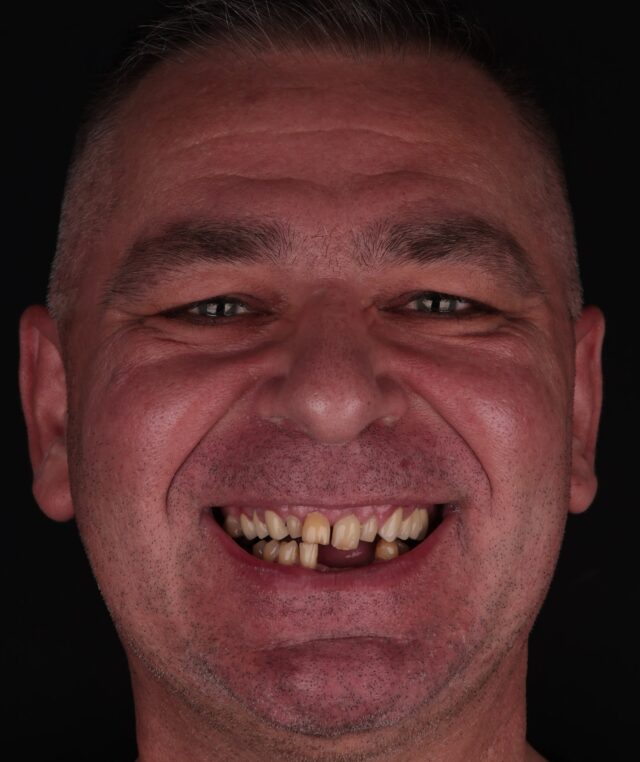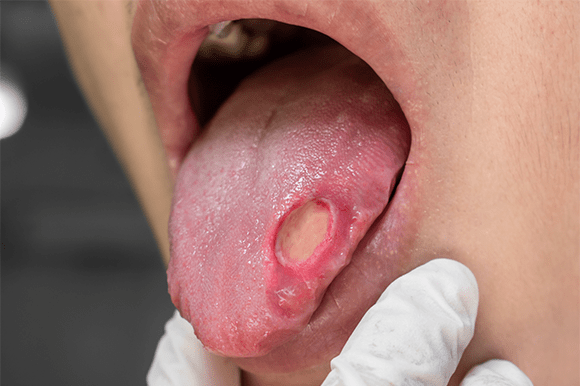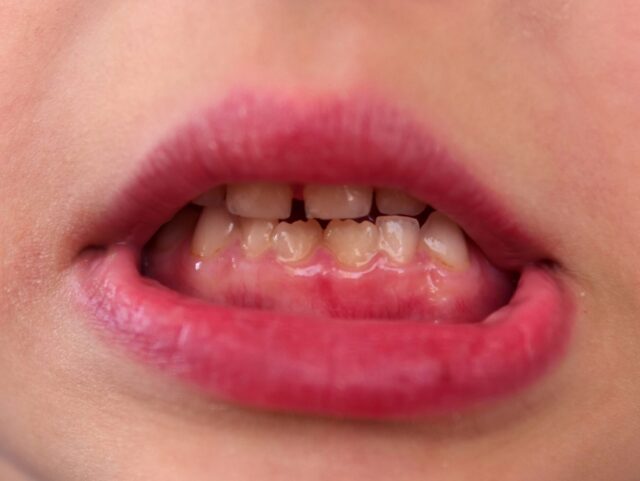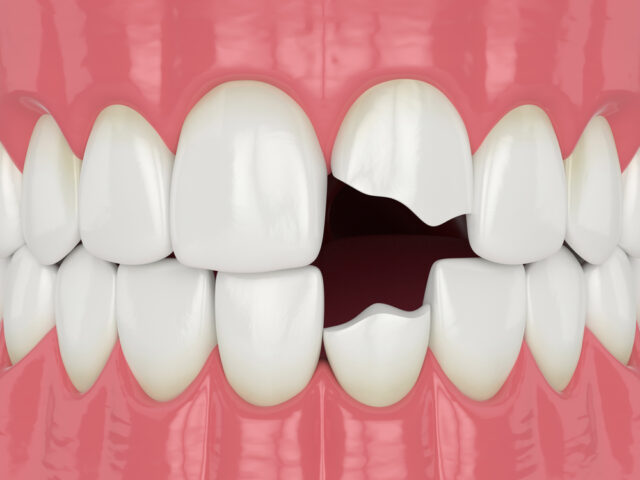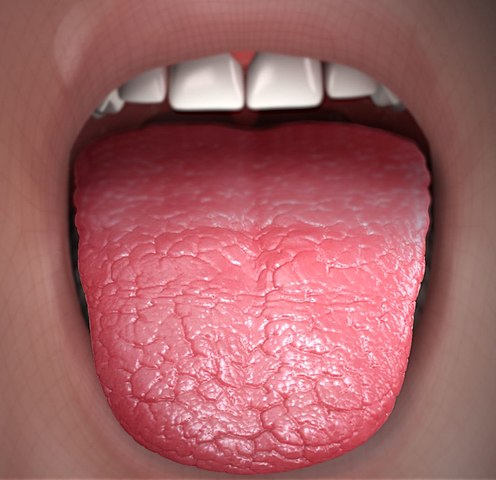Dental Problems and Tooth Diseases:
Causes, Prevention and Treatments
Have you ever had dental problems and or tooth diseases but you don’t know what the problem actually is? You are not alone! In this blog post, we are going to explore common dental problems and tooth diseases that affect your teeth. We will also provide practical tips for maintaining good oral health and treatments in case you already have any problems.
1. Tooth Decay (Cavities) Dental Problem:
Tooth decay, which is also known as cavities, is the most common dental problem many people face today. It is a tooth disease that occurs when bacteria in your mouth produce acids that damage the enamel, which later causes holes or cavities in the teeth.
- Prevention: Brush your teeth twice daily with fluoride toothpaste, limit sugary snacks, and visit your dentist regularly for check-ups and cleanings.
- Treatment: Fillings, crowns, or root canals may be necessary to treat tooth cavities, depending on how severe they are.
2. Gum Disease (Gingivitis and Periodontitis) Tooth Disease:
Gum disease is an infection of the gums that can lead to other serious dental problems if it’s not treated. It starts with gingivitis, causing redness and swelling of the gums with bleeding sometimes, and can progress to periodontitis, which damages the bone supporting the teeth.
- Prevention: Floss daily, use an antimicrobial mouthwash, quit smoking, and eat a balanced diet rich in fruits and vegetables.
- Treatment: Scaling and root planing, antibiotics, and surgical procedures may be necessary for advanced stages of gum disease.
3. Tooth Sensitivity:
Tooth sensitivity is a dental problem that happens when your teeth hurt when you eat or drink something hot, cold, sweet, or sour. It happens because the outer layer of your teeth (called enamel) gets worn down or damaged, exposing the sensitive parts inside. Things like eating too many sugary or acidic foods, brushing too hard, or grinding your teeth can make your teeth sensitive.
- Prevention: Use a soft-bristled toothbrush, desensitize toothpaste, and avoid acidic foods and drinks. Also, wear a night guard if you grind your teeth always.
- Treatment: Desensitizing treatments, fluoride applications, and dental bonding are common treatments for tooth sensitivity. Also, for people who grind their teeth always, a botox-filler known as masseter botox is injected in the masseter muscles of the jaw.
4. Tooth Abscess:
A tooth abscess is like a very bad infection in your tooth. This tooth disease happens when a cavity or a crack in your tooth lets bacteria get inside. Then, your body tries to fight the bacteria, causing a buildup of pus (a thick, yellowish fluid) around the infected area. This can make your tooth really hurt, swell up, and sometimes even make your face swell.
- Prevention: Practice good oral hygiene, avoid sugary foods, and seek immediate dental care for any signs of infection.
- Treatment: Antibiotics, pus drainage, and root canal treatment may be necessary to treat a tooth abscess.
5. Tooth Loss (Missing Teeth):
Tooth loss is not a tooth disease, but a dental problem that can occur due to decay, gum disease, trauma, or congenital issues (Birth defects). It can affect how you chew food, how you talk, and overall oral health.
- Prevention: Maintain oral hygiene, wear a mouthguard during sports, and avoid chewing hard objects.
- Treatment: Dental implants, bridges with artificial teeth like Zirconium, or dentures are common treatments for replacing missing teeth.
6. Oral Cancer:
Oral cancer is a tooth disease or type of cancer that can happen in your mouth, like on your tongue, gums, or the inside of your cheeks. It can also occur in your throat or on your lips. It’s caused by cells in your mouth or throat growing abnormally and forming a lump or sore.
Furthermore, signs of oral cancer can include a sore that doesn’t heal, a lump or thickening in your mouth or throat, difficulty chewing or swallowing, and changes in your voice. Smoking, chewing tobacco, heavy alcohol use, and sun exposure to your lips can increase your risk of oral cancer.
- Prevention: Regular dental exams, avoiding tobacco and excessive alcohol consumption, and protecting your lips from the sun.
- Treatment: Surgery, radiation therapy, or chemotherapy may be necessary for oral cancer treatment.
7. Tooth Grinding (Bruxism):
Tooth grinding, or bruxism, is a dental problem that happens when you clench or grind your teeth together, especially during sleep. It can happen when you’re stressed or anxious, or even when you’re concentrating hard. Bruxism can make your teeth feel sore or sensitive, and it can wear down or reduce the size of your teeth over time.
.
- Prevention: Use a mouthguard at night, manage stress, and avoid caffeine and alcohol.
- Treatment: Night guards, behavioral therapies, and stress management techniques can help with bruxism.
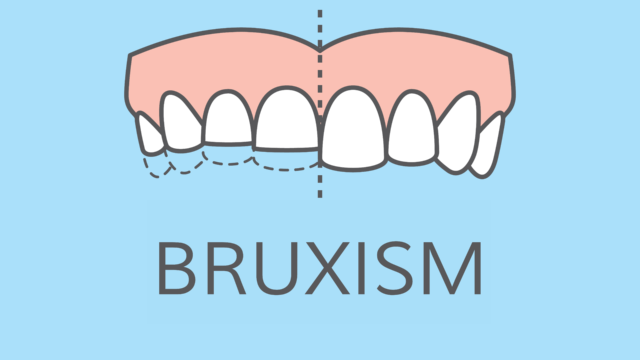
8. Dental Trauma:
Dental trauma is a well-known dental problem that results from accidents or injuries in your mouth or teeth. This can happen from accidents, falls, sports injuries, or even biting down on something too hard. Also, dental trauma can cause chips, cracks, or even knock out your teeth.
- Prevention: Wear protective gear like mouthguards during physical activities. Also, avoid biting hard substances.
- Treatment: Immediate dental treatment is crucial for restoring damaged teeth. While some recommended treatments like dental fillings, crowns, or even replacing a missing tooth can be treatments for dental trauma.
9. Malocclusion (Misaligned Teeth):
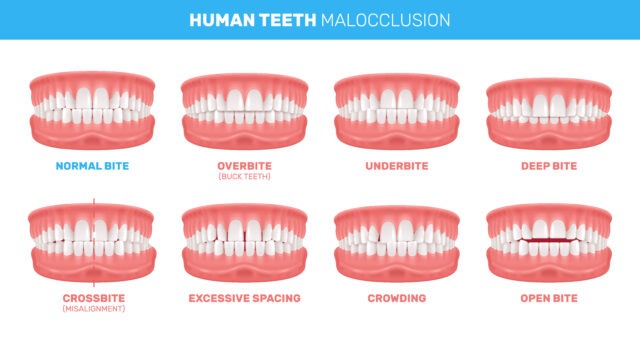
Firstly Malocclusion is not actually a tooth disease as the name may seem. But rather, it is a dental problem that refers to misaligned teeth or bite problems. It can affect chewing, speech, and facial aesthetics.
- Prevention: Orthodontic treatments like braces or aligners can correct malocclusion.
- Treatment: Early intervention in childhood can prevent severe malocclusion issues in adulthood.
10. Dry Mouth (Xerostomia):
Dry mouth, also known as xerostomia, is when you don’t have enough saliva in your mouth. Saliva helps keep your mouth moist, clean, and healthy. When you have a dry mouth, it can feel uncomfortable and make it harder to chew, swallow, or speak.
Several things can cause dry mouth, including medications, medical conditions like diabetes or Sjögren’s syndrome, dehydration, or certain treatments like radiation therapy. It can also be a side effect of aging.
- Prevention: Stay hydrated, chew sugar-free gum, and avoid caffeine and alcohol.
- Treatment: Saliva-stimulating medications and lifestyle changes can help manage chronic dry mouth.
Concluding:
To conclude, we can say that by understanding common dental problems and adopting preventive measures, you can maintain good oral health. Remember to brush and floss regularly, visit your dentist for check-ups, and follow healthy habits for a beautiful smile and a healthy mouth. If you experience any dental concerns, seek professional advice promptly for proper diagnosis and treatment.


